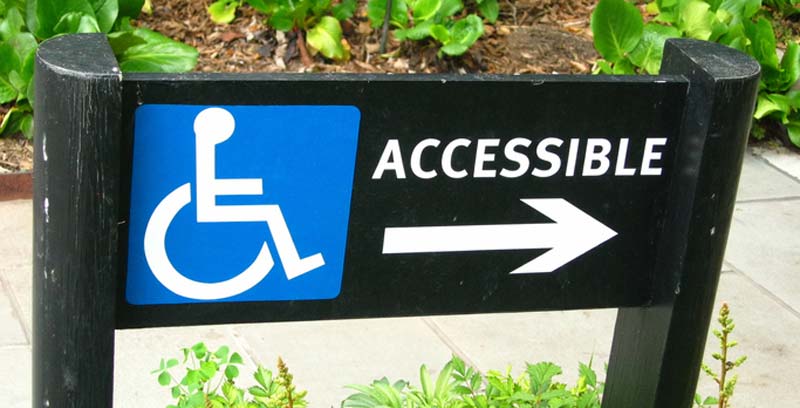Disability management: employer responsibilities
What every employer needs to know
Over 7 million people of working age in the UK are disabled or have a health condition[1], yet people with disabilities remain significantly less likely to be in employment.
Employers stand to gain from promoting equality through better disability management practice, but if they don’t, there’s legislation to compel action.
Disability and the Equality Act
The Equality Act 2010 defines a person as disabled if they have a physical or mental impairment that has a ‘substantial’ and ‘long-term’ negative effect on their ability to do normal daily activities.
Discrimination is defined as treating a disabled person unfavourably because of something connected with their disability. And it’s unlawful where the employer knows, or could reasonably be expected to know, that the person has a disability.
Reasonable adjustments
As an employer, your organisation must make reasonable adjustments to ensure that disabled workers aren’t seriously disadvantaged at work. Reasonable adjustments need not be costly or time consuming, and in many cases simple changes will be all that is needed. Common examples of reasonable adjustments include:
making reasonable adjustments during the recruitment process, such as allowing candidates with dyslexia extra time to complete tests or assessments
- making physical disability management changes, such as installing a ramp for a wheelchair user
- letting a disabled person work somewhere else, e.g. close to toilet facilities if they have Crohn’s disease
- allowing employees who become disabled to make a phased return to work, including working flexible or part-time hours.
 Ask your disabled employees
Ask your disabled employees
The best way to identify what reasonable adjustments may be needed as part of your disability management practise, is to consult your disabled employees: they will most likely know what help they need. And if an employee becomes disabled, then it is important to consider what needs to change to enable them to continue to do their job.
There are a range of conditions that may mean a person is defined as disabled under the Equality Act. Employers must be aware of different types of disability, and the kinds of adjustments they may need to make. Common disabilities include:
- Mental health conditions. These cover a wide range of illnesses that can affect how people feel, think and behave. They can include depression, anxiety and bipolar disorder.
- Hearing impairments. Someone with a hearing impairment may have partial or complete hearing loss. This may be temporary or permanent, and can get progressively worse over time.
- Visual impairments. Modern technology and ways of working can enable blind and partially sighted people to overcome some of the barriers to work that they face.
- Hidden impairments. These are conditions that are not apparent to others, such as dyslexia. Dyslexic people may struggle with tasks such as writing or structuring documents, remembering instructions and note taking.
 Time for action on disability management
Time for action on disability management
Employers can proactively promote equality through better disability management, helping those affected to get into – and to stay in – work. Doing so is vital, not only to get the best from the UK workforce, but to ensure that organisations comply with The Equality Act 2010.

[1] https://www.gov.uk/government/collections/disability-confident-campaign/

 making reasonable adjustments during the recruitment process, such as allowing candidates with dyslexia extra time to complete tests or assessments
making reasonable adjustments during the recruitment process, such as allowing candidates with dyslexia extra time to complete tests or assessments Ask your disabled employees
Ask your disabled employees Time for action on disability management
Time for action on disability management